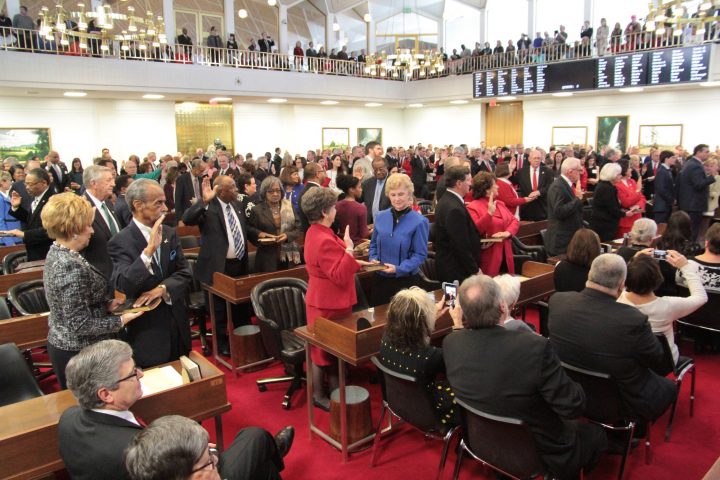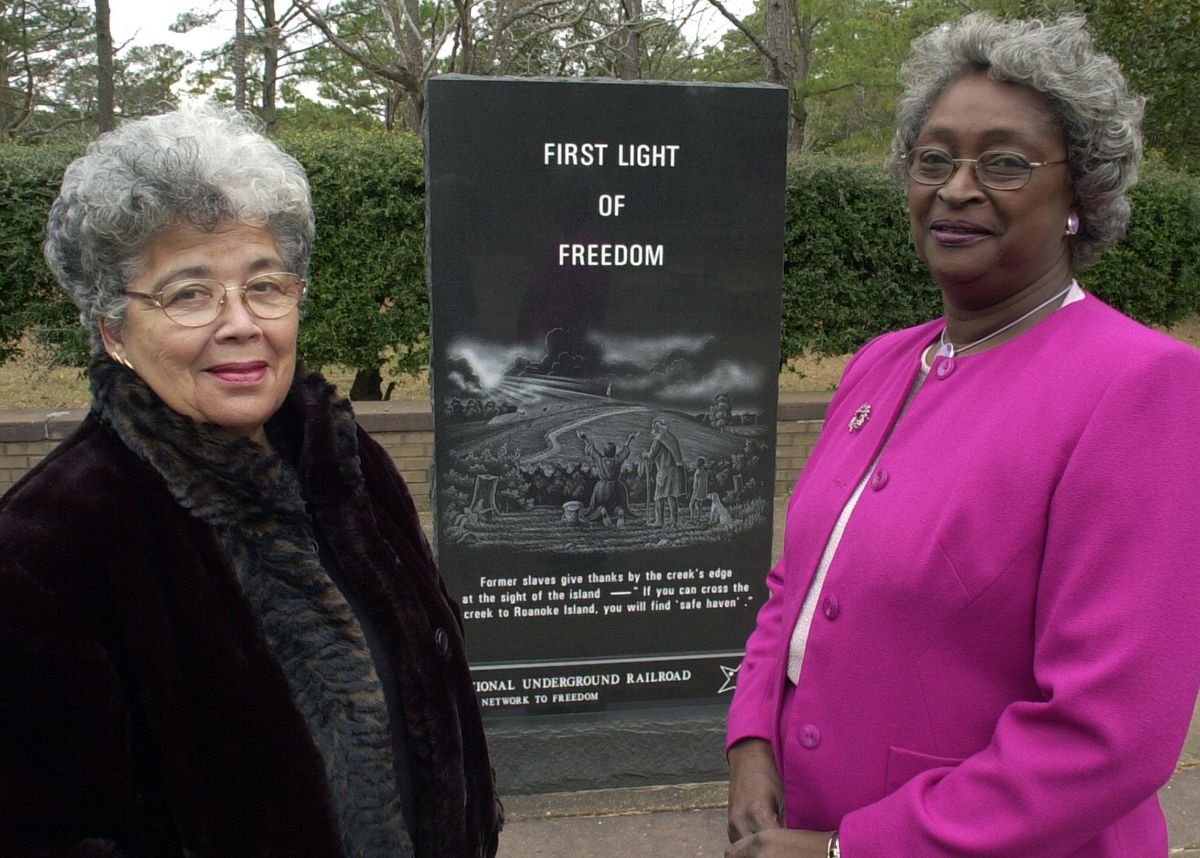
It’s the end of Sunshine Week, a journalism tradition sponsored by the American Society of News Editors and Reporters Committee for Freedom of the Press, and aimed, generally, at getting at hard to get public records and underscoring the need for greater transparency in government.

As Coastal Review Online’s legislative reporter, I work in one of the murkier places in government and I can’t think of any place where sunshine or daylight or whatever you want to call it is more important.
Supporter Spotlight
Beyond the usual tactics employed by lesser governments, the North Carolina General Assembly, one of the most powerful among state legislatures, has a myriad of laws, rules and procedures to aid obfuscation.
Communications between legislators and also between legislators and staff in the crafting of laws are among the few documents exempt from the state’s public records laws. The legislature’s requirements for county and municipal government agendas, meeting materials to be available well ahead of time does not apply to its own meetings.
The argument for legislative confidentiality, derived from English common law, is that the legislative process requires this privilege in order for agreements to be worked out. It’s a perfectly valid sounding rationale, but so unlimited and unchecked that it has long been intensely abused. It’s used to hide favors, fund pet projects and anonymously insert language into legislation.
 Some states have chosen to open their process to public scrutiny, ours has not. In fact, the process of late has grown even murkier.
Some states have chosen to open their process to public scrutiny, ours has not. In fact, the process of late has grown even murkier.
Readers of CRO may have noticed a couple of stories filed during the last flurry of legislative work, detailing the breakdown in so-called “regular order.” That’s shorthand for the process in which bills move through committees, which meet and discuss the issues and proposals in the open, receive public input and, ideally, put something on the table prior to the start of legislative sessions.
Supporter Spotlight
For the past few years that process has been slowly compromised, with fewer and fewer committees meeting and more of the process of crafting bills happening behind the curtain.
This is especially true for environmental bills, which have been hammered out in conference committees, whose proceedings and records are cloaked.
The difference in the two processes for arriving at legislation are night and day. The first, the traditional committee process, can be tedious and detail-driven as a case for provisions is built and debated.
On the other hand, a conference committee is a fancy term for black box. Unlike legislation rolling out of committees early in the process, conference reports are negotiated at the end of the process. They are done deals that cannot be amended and arrive on the floor of each chamber for one up-or-down vote. It’s how complex bills with lots of horse trading between the House and Senate get stitched together, a kind of necessary evil of a representative republic. The best example of a conference report is the state budget.
For environmental legislation, conference reports have become more and more the process used for passing lengthy, multi-section bills. Provisions move in and out of the bills in secret, including controversial sections, which would have not passed one or both chambers if not tethered to a bill deemed a must-pass by the leadership for some other reason.
Last year’s provisions lifting the plastic bag ban on the Outer Banks and the 18-month moratorium on wind energy projects would not have become law any other way.
Legislators and lobbyists will tell you that the conference process and the use of multi-provision bills, in which everyone gets a little something, is the only way to get the hard stuff done.
The problem is that the more the conference process is relied on, the more the public is shut out of the process. Coupled with the recent, erratic nature of the legislature’s schedule, it has made it difficult for even the professionals who are in the legislative building all the time to figure out what’s happening.
In all, the burst of short, hurried-up sessions and reliance on conference bills has turned Jones Street into more of an insider’s game. The winners are those who can afford to play it. You can guess who the losers are.
This is a dangerous direction to take and not just because of the frustration and mistrust created by last-minute, closed-door deal-making. Shutting out the public means shutting out their ideas and insights as well as their passion. The more deliberative the process, the more open it is, the more real it is, the better the law that’s going to come out of it.
Keeping the public involved and in the loop isn’t a courtesy handed down from on high, it’s an essential part of making public policy that works.







